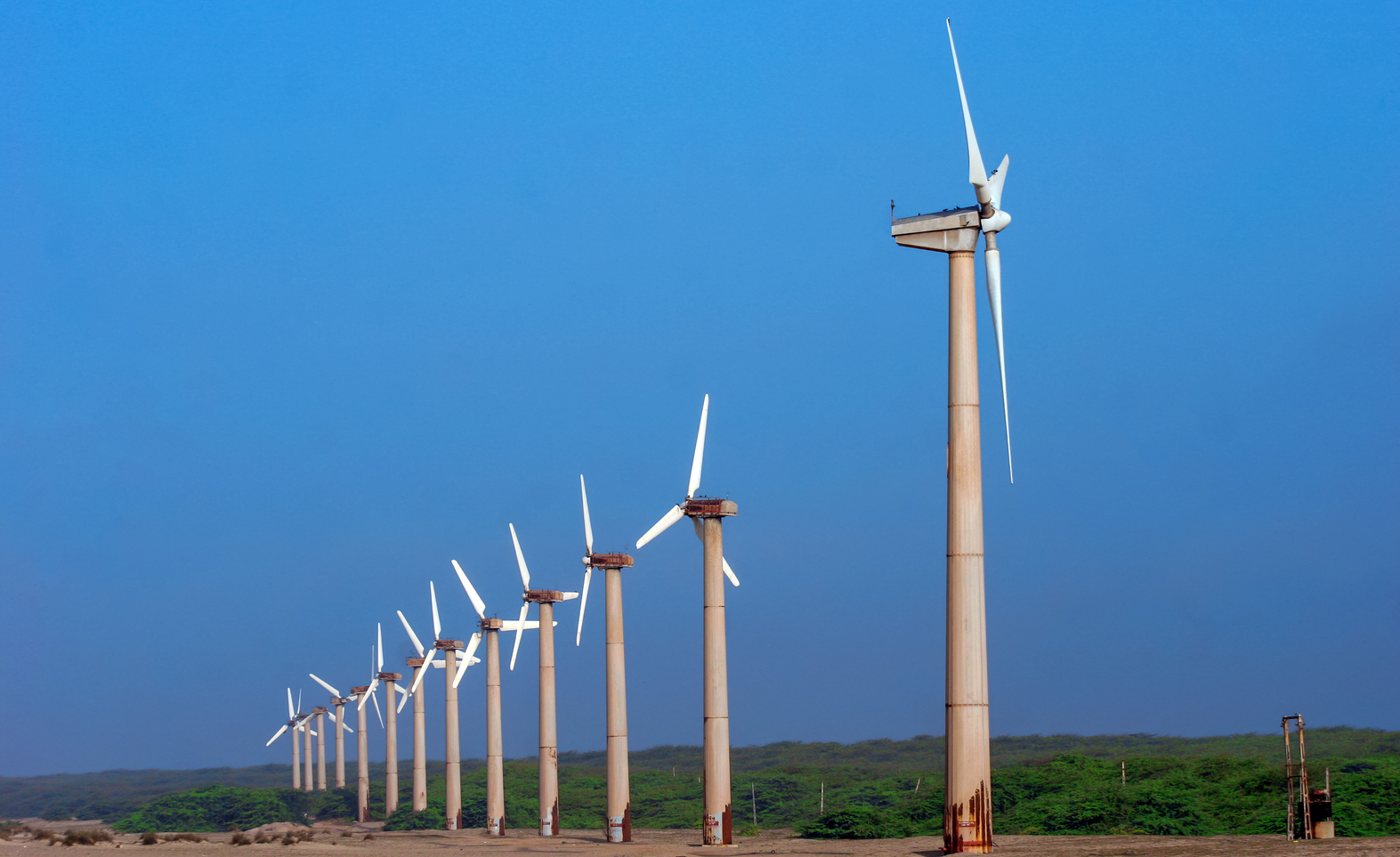Barriers to Wind Power Expansion

Despite the urgent need to transition to cleaner energy sources, the deployment of wind power in India, Russia, and Japan is facing significant hurdles. These countries, while recognizing the importance of renewable energy, are struggling to keep pace with the required rate of wind power expansion.
Political Factors, Us india russia japan are building out wind power much too slowly for climate change report says
Political will and support are crucial for the success of any energy transition. However, in these countries, various political factors are hindering the rapid expansion of wind power.
- Regulatory Complexity: India, for instance, has a complex web of regulations and bureaucratic processes that can delay project approvals and increase costs.
- Prioritization of Other Energy Sources: Russia’s reliance on fossil fuels, particularly natural gas, has resulted in a lack of political focus on developing renewable energy sources like wind power.
- Land Acquisition Challenges: Japan’s densely populated landscape and limited available land for wind farms present a major obstacle to scaling up wind power.
Economic Factors
Financial considerations play a significant role in the pace of wind power development.
- High Initial Investment Costs: The upfront costs of building wind farms can be substantial, making it difficult for developers to secure financing, especially in countries with limited access to capital markets.
- Intermittency and Storage Challenges: Wind power is intermittent, meaning it is not always available when needed. This requires investments in energy storage solutions to ensure a reliable power supply, further increasing costs.
- Lack of Grid Infrastructure: The existing power grids in these countries may not be adequately equipped to handle the large-scale integration of wind power. This necessitates significant investments in grid upgrades, which can be a major deterrent.
Technological Factors
Technological advancements are essential for improving the efficiency and cost-effectiveness of wind power.
- Offshore Wind Technology: While offshore wind holds immense potential, its development is still in its early stages in these countries. The technical challenges associated with offshore wind farms, such as extreme weather conditions and complex installation processes, are costly and time-consuming.
- Integration with Existing Grids: Developing effective methods to integrate wind power into existing grids without compromising system stability and reliability is a critical technological challenge.
- Advanced Wind Turbine Technology: Continuous innovation in wind turbine design and manufacturing is crucial for improving energy efficiency and reducing costs. However, these advancements often require significant investments in research and development.
Challenges Faced by Each Country
| Country | Challenges | India | Regulatory complexity, land acquisition issues, grid infrastructure limitations, and high initial investment costs. | Russia | Reliance on fossil fuels, lack of political focus on renewables, limited access to financing, and challenges in integrating wind power into the existing grid. | Japan | Limited land availability, high population density, high costs of offshore wind development, and complex regulatory processes. |
|---|
Strategies for Accelerated Wind Power Deployment: Us India Russia Japan Are Building Out Wind Power Much Too Slowly For Climate Change Report Says

The pace of wind power deployment in India, Russia, and Japan falls short of what’s needed to meet climate change goals. While these nations have made strides, significant barriers remain, hindering the expansion of wind energy. To address this, a multi-pronged approach is necessary, focusing on policy reforms, financial incentives, and technological advancements.
Policy Changes to Facilitate Wind Power Growth
Policy changes are crucial to create a favorable environment for wind power development.
- Streamlining permitting processes: Complex and lengthy permitting procedures can significantly delay wind project development. Simplifying these processes, including environmental assessments, land acquisition, and grid connection approvals, can expedite project timelines.
- Establishing clear and stable energy policies: Long-term energy policies with clear targets for renewable energy integration are essential to attract investment and provide certainty for developers. Consistent policies provide a stable framework for wind power projects, encouraging long-term investment and planning.
- Promoting competitive electricity markets: Open and competitive electricity markets allow wind energy to compete fairly with other power sources, driving down costs and encouraging investment. Transparent market mechanisms ensure that wind power receives fair compensation for its energy generation, incentivizing further development.
Financial Incentives for Wind Power Projects
Financial incentives can play a pivotal role in accelerating wind power deployment.
- Tax credits and subsidies: Providing tax credits and subsidies for wind power projects can reduce upfront costs for developers, making investments more attractive. These incentives can be tailored to different project phases, such as construction, operation, and maintenance, to provide ongoing support.
- Green bonds and other financing mechanisms: Developing green bonds and other innovative financing mechanisms can attract capital specifically for renewable energy projects. These instruments can offer investors attractive returns while supporting sustainable development initiatives.
- Government-backed loan programs: Government-backed loan programs can reduce financing risks for wind power projects, making it easier for developers to secure loans from banks and other financial institutions. These programs can offer lower interest rates and longer repayment terms, making projects more financially viable.
Technological Advancements for Wind Power Optimization
Technological advancements can enhance the efficiency and cost-effectiveness of wind power.
- Advanced turbine designs: Developing more efficient and durable wind turbines, with larger rotor diameters and improved blade designs, can increase energy output and reduce costs. Research and development in this area can significantly enhance wind power generation capacity.
- Smart grid integration: Integrating wind power into smart grids allows for better management of energy flow and grid stability. Advanced control systems and communication technologies enable efficient integration of wind power into existing power systems, maximizing its contribution to the grid.
- Floating offshore wind technology: Expanding the use of floating offshore wind technology allows for wind power development in deeper waters, accessing abundant wind resources. This technology holds immense potential for countries with vast offshore wind resources, such as India and Japan.
Us india russia japan are building out wind power much too slowly for climate change report says – The world’s largest economies, including the US, India, Russia, and Japan, are lagging behind in their efforts to transition to renewable energy sources. The latest climate change report paints a stark picture of the slow progress being made in wind power development, a crucial component of mitigating the climate crisis.
Meanwhile, in a horrifying display of violence and twisted irony, a Las Vegas man accused of brutally beating his victim wrote a song about her hospitalization, a chilling reminder of the darkness that exists alongside our urgent need for global action on climate change.
The juxtaposition of these two stories – one a call for urgent action, the other a stark reminder of human cruelty – underscores the complexities of our present reality. We must accelerate our efforts to combat climate change, even as we grapple with the very real and deeply disturbing aspects of human nature.
The report underscores the urgency of action, highlighting how the slow pace of wind power development in the US, India, Russia, and Japan threatens to exacerbate climate change. It’s a stark reminder that we need to prioritize sustainable solutions, much like choosing an ashley triptis accent chair for its comfort and style, we must prioritize the long-term health of our planet over short-term economic gains.
The clock is ticking, and the world needs to accelerate its efforts to transition to renewable energy sources.